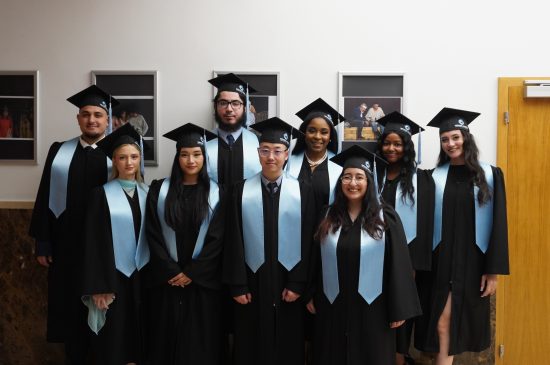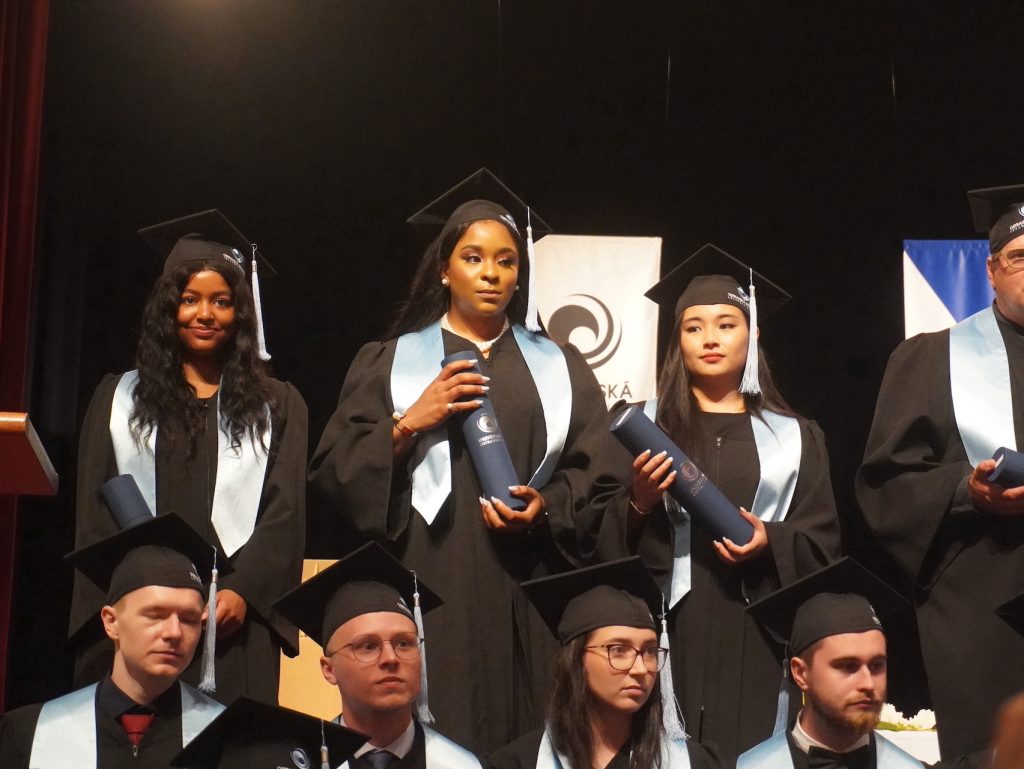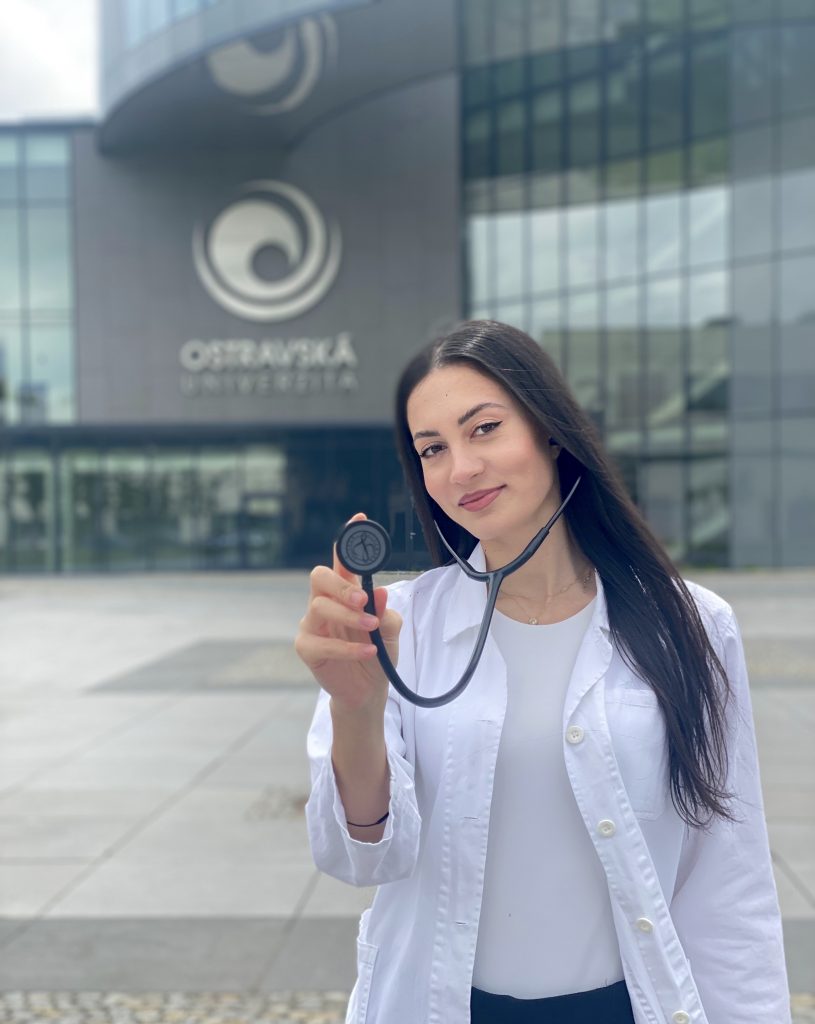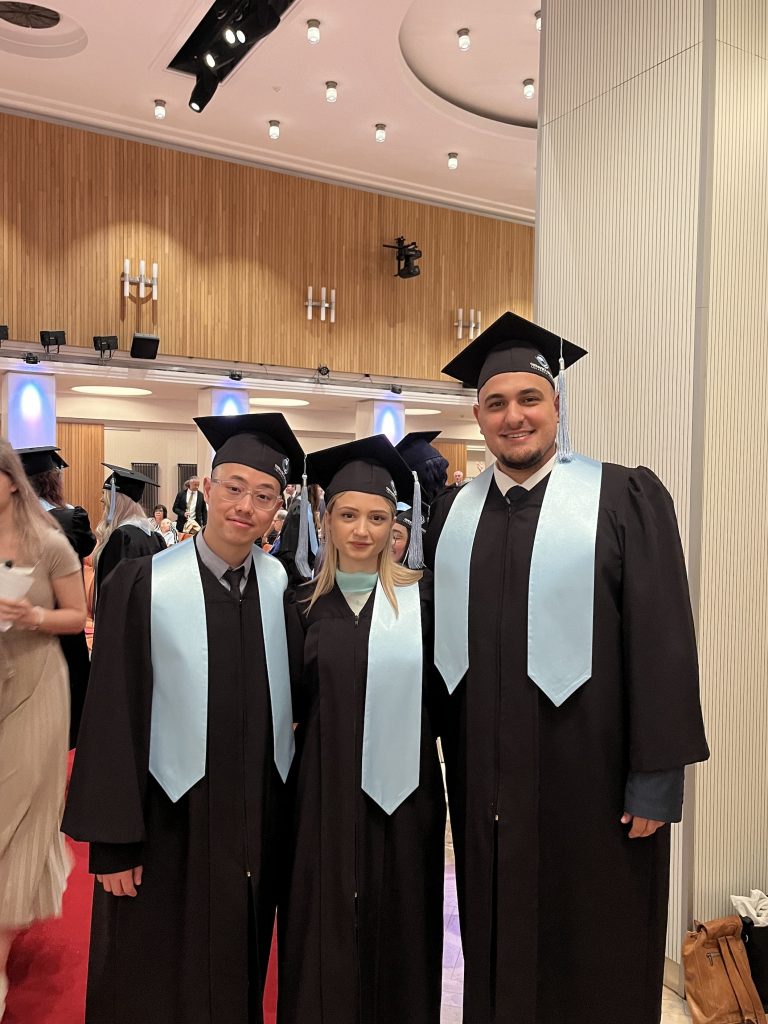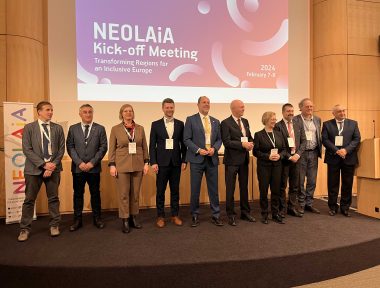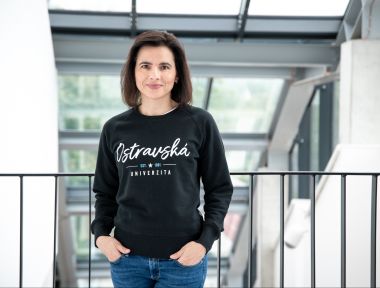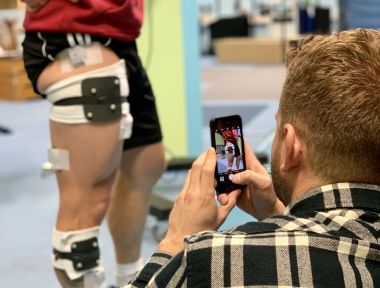Many of these students had known from a young age that they wanted to pursue medicine, whether they were inspired by family members or had developed a passion for biology during school.
When choosing a university, they selected the University of Ostrava for its reputation and the opportunity to be part of this traditional programme. This made their experience even more special, as they were among the first pioneering students to graduate from the English degree programme General Medicine. They also appreciated the smaller class sizes, which allowed for more personal attention and a deeper understanding of the material.
The quality of education in the Czech Republic is highly regarded, and the country has a rich history in the field of medicine. Many influential minds have contributed to significant discoveries and innovations that have shaped modern medical practices.
With medical school behind them, our graduates are back home now focused on their specializations. Some have returned to the UK, applying for positions as Junior Doctors, with plans to pursue Orthopaedics after completing their foundation year training. Others have headed to Germany to begin their specialization in plastic surgery.
Read the interview below to find out what they think about living in Ostrava, their training experiences and their advice for future students.
How did you like living in Ostrava? Did you find it easy to make friends?
Georgia: Ostrava is a city with a relatively low cost of living compared to the capital. Its proximity to borders also offers students the chance to travel around central Europe in their free time. Making friends was easy, as the university organizes many events, and there is a vibrant community of Erasmus students as well.
William: I thoroughly enjoyed my time living and studying in Ostrava. The cost of rent and food was more affordable than in the UK where I’m from, and the peaceful atmosphere allowed me to focus on my studies more easily. I was able to adapt within a few months of living here. Thanks to social media and an increased number of international events for foreign students, making friends here has become a lot easier. Don’t be afraid to network with people, you’ll encounter a diverse range of people during your time here.
Pabina: It was efficient in terms of transport (even to the UK) and everything you need such as supermarkets, shops, gyms, cafes etc. It was easy to make friends with people from all around the world with such diverse classmates.
How do you rate practical trainings? Where did you like it the most?
Georgia: Practical trainings are essential for applying the theoretical knowledge gained in lectures. My favorite practical sessions were in gynecology, both at the university’s simulation center (SIMLEK) and in the hospital, where I had the opportunity to assist in prenatal screenings and in operating rooms.
William: They are an important supplement to theoretical teachings to properly understand the contents taught in classrooms. I liked the SIMLEK building that is equipped with modern state-of-the-art technology. It allowed us to simulate real-world scenarios and surgical procedures that aren’t typically possible in standard practical sessions.
Pabina: How much I rate the practical training depends on the department. In some places, we were mainly observers whereas in others we physically took part in doing certain procedures. So, there is a variety. I mostly enjoyed the simulation centre. There we practiced many scenarios with the very life-like dummies as well as trying out some surgical skills on the laparoscopes for obstetrics and gynaecology and microscopic surgery for ophthalmology.
Why should students choose Ostrava to study medicine?
William: Although the programme is still relatively new, it’s continuously improving and adapting to current student’s feedback. The study department are very helpful and cooperative. The university is also equipped with modern state-of-the-art technology, which greatly enhances the learning experience.
Pabina: There are a lot of opportunities at the University of Ostrava including going abroad to volunteer with Medical Aid or to study with Erasmus. Furthermore, the developing technology and spacious, modern buildings (especially the new simulation centre) is invaluable to the learning and practicing of clinical skills.
Medicine is one of the most in-demand fields today. What would you recommend to future students who will be applying in the coming months?
Georgia: Success in medical school hinges on organization, prioritization, and maintaining a study-life balance. Avoid procrastination, simplify study materials by creating your own notes, and incorporate techniques like Pomodoro and active recall to aid in regular study sessions. These strategies helped me tremendously throughout my journey.
William: Gain relevant experience to gain valuable insights into the medical profession. Prioritise your mental and physical health throughout your studies to reduce stress. Seek out mentors who have been through the process for valuable advice (Facebook and Instagram is a great start). Develop excellent time management skills early on by balancing your studies and personal life. All of this will help you manage the many challenges of medical school more effectively.
Pabina: There is a lot of knowledge to understand and learn in Medicine. So, enjoy the process and the journey.
We couldn’t be prouder of your achievements, and we wish you the best of luck on your exciting journey.


 4 min.
4 min. 